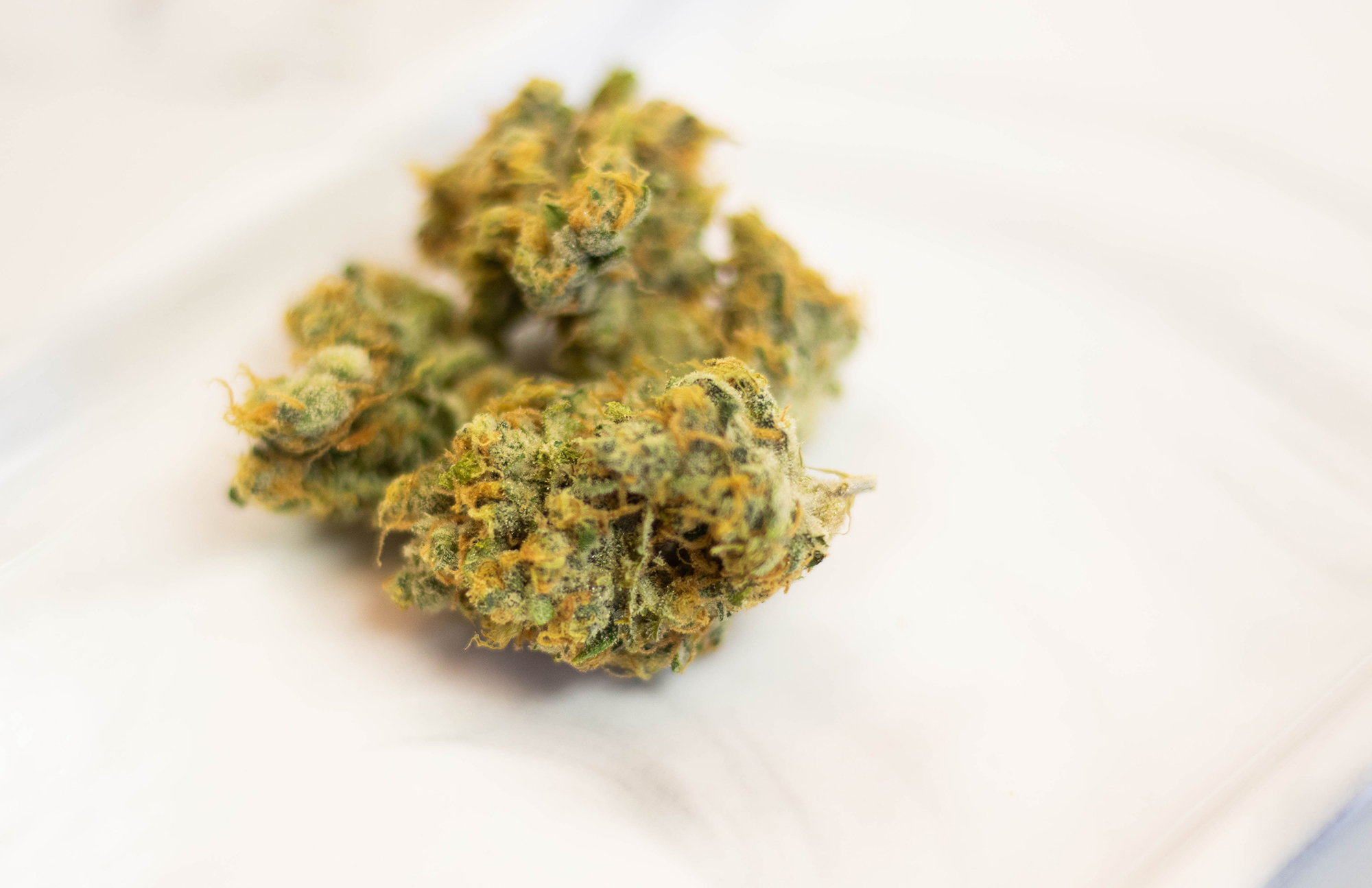Views expressed in opinion columns are the author’s own.
If you haven’t noticed Maryland’s new progressive stance on cannabis, then maybe you have smelled it.
Many Marylanders celebrated last November with the legalization of recreational cannabis, but the drug’s reform needn’t stop there. While the ballot referendum also passed beneficial reforms such as establishing a process to overturn low-level cannabis convictions and community reinvestment funds for groups disproportionately affected by cannabis criminalization, other areas were overlooked.
Maryland needs to continue to reform cannabis laws so users can partake in the legal activity without additional repercussions. Maryland must redefine neglect, reform parole violations and remove the smell of cannabis as probable cause to justly enforce the legalization of cannabis.
Rewriting such laws needs to be done to promote anti-discrimination against the legal use of cannabis.
To protect families from unnecessary separation, the Maryland General Assembly is considering a bill to redefine parental neglect. Currently, cannabis use can be a sole motivating factor for determining cases of neglect. The Maryland Office Of the Public Defender explains under current case law, parents’ drug use alone is not grounds for separation, but it can be a factor if it affects their parenting capacity. It also cites Maryland’s highest court, which has acknowledged cannabis use is less concerning than other substances, but that this isn’t what commonly happens in practice.
People who work with custody cases affirm cannabis use is frequently used as the single factor for family separation, even without evidence that it impaired parenting. Removal from one’s family structure is often traumatic and can have lasting negative effects on children, so when it’s not necessary, it should be forgone.
The considered bill reduces these effects by removing this common separation clause while still including exceptions for cannabis use that causes harm to children or puts them at substantial risk for harm. Children’s safety will still be of the utmost importance, but cases of families being separated for no good reason will be reduced.
This simple change in the definition of neglect would reduce strain on lawful and safe families.
Another legislative concern is changing Maryland’s parole, pre-trial and probation violations to not include cannabis use. The bill adds the exception for harmful cannabis use, but it would now mean simply testing positive for cannabis is not a disqualifying factor for parole, probation or pre-trial status.
This is important legislation, as Marylanders can currently be sent back to prison for cannabis use, despite its pending legality. This has real effects: In 2017, almost one in four people admitted to Maryland prisons were there for parole violations. For cannabis legalization to be just, we must reduce incarceration for its use. Removing this parole violation would do so.
Another important reform is to remove the smell of cannabis as probable cause for a warrantless search. Maryland’s highest court has ruled in favor of short, non-intrusive searches solely based on the smell of cannabis. Something as simple as smell allowing the overturning of your constitutional rights is ripe for abuse, and now that cannabis will be legal by July of this year, it has no justification.
Evidence which qualifies as probable cause is used to justify otherwise warrantless searches of people or their property. Many things qualify as probable cause, including simply the smell of cannabis. Cops can easily abuse this legal doctrine by lying about the smell or being unable to locate its proper source. In addition, it’s also difficult to use smell alone to distinguish between a personal use amount, which is legal, and large quantities that still have criminal penalties.
These abuses are also more often seen in over-policed, poor and minority communities. Legalizing cannabis is aimed to help undo the harms caused by its criminalization, but this smell doctrine for probable cause only continues to hurt those communities.
The smell of something legal should not be justifiable as probable cause for a crime. Removing the smell of cannabis from being considered probable cause would reduce unnecessary invasions of privacy.
Legalization will allow Marylanders to use cannabis recreationally, but without more reforms, users are still being punished. Enacting these changes would give parents, parolees and all recreational users more rights to privacy and protection that should be awarded to the users of a soon to be legal substance. Without these additional reforms, cannabis use will still be punished.
Kyra Freeman is a sophomore philosophy, politics and economics major. She can be reached at freemankyra04@gmail.com.



